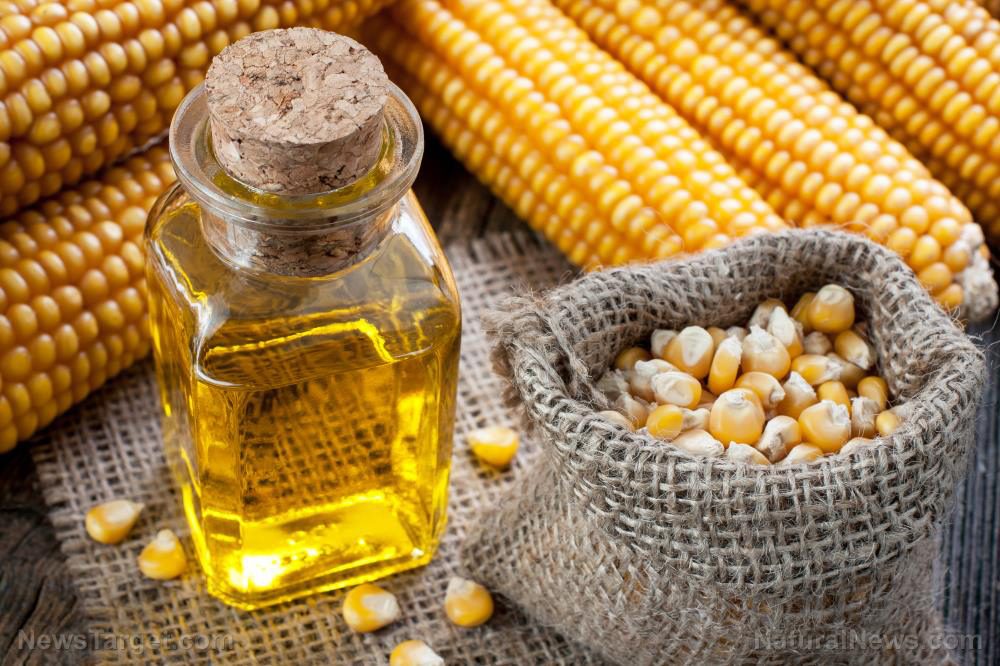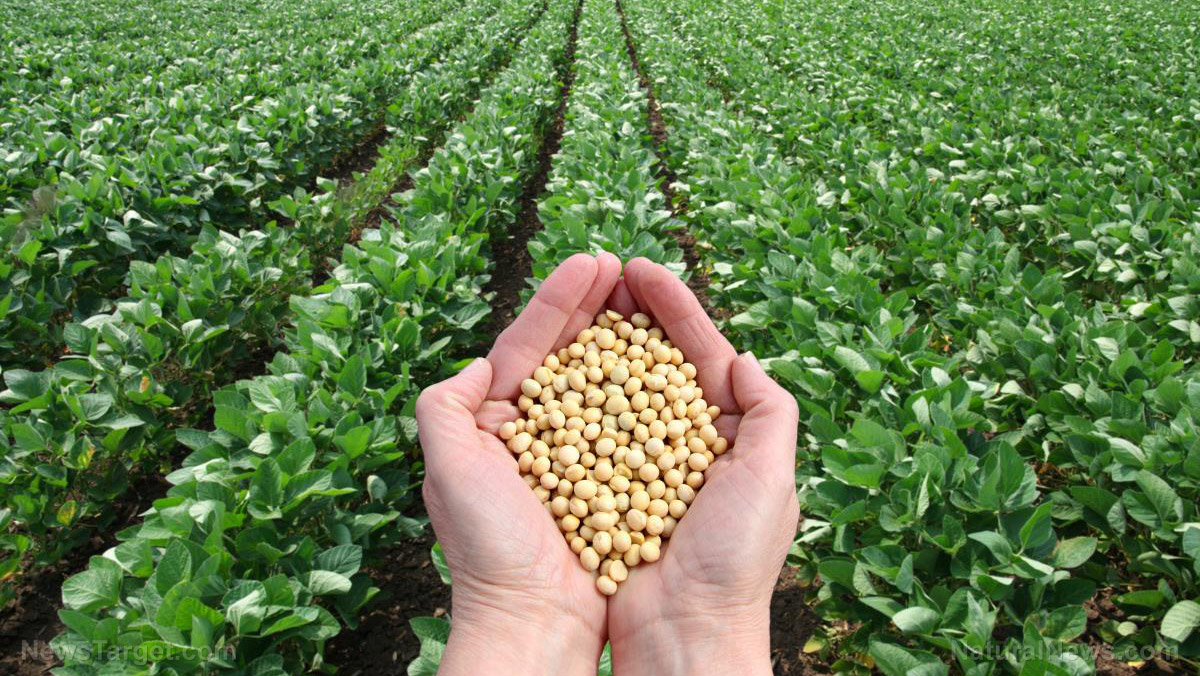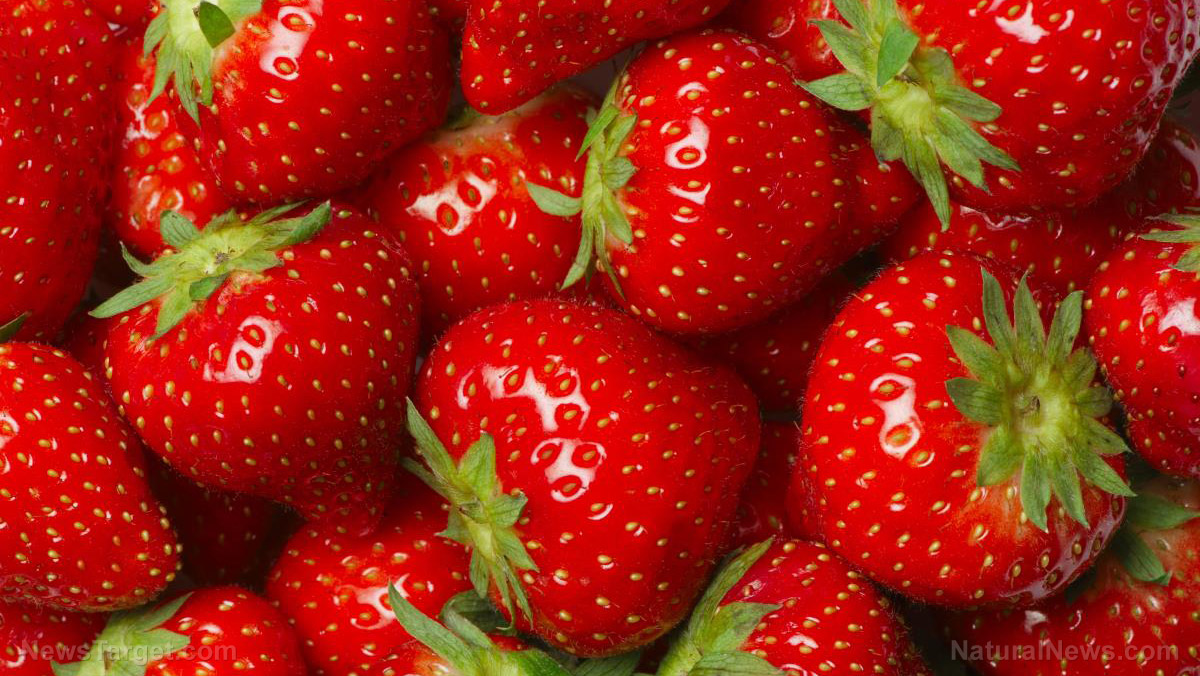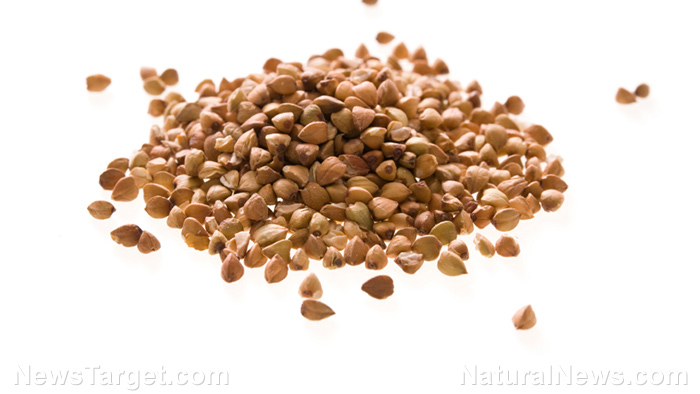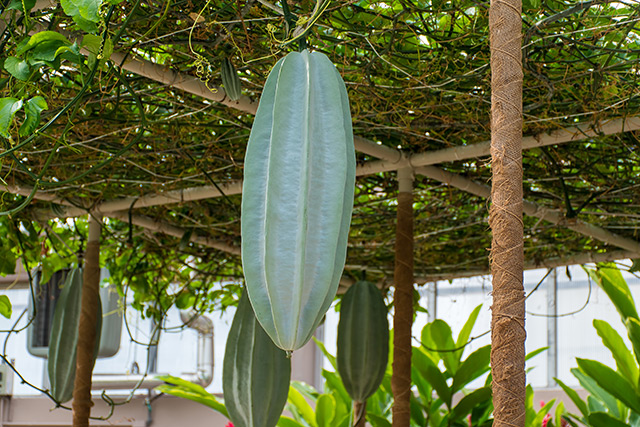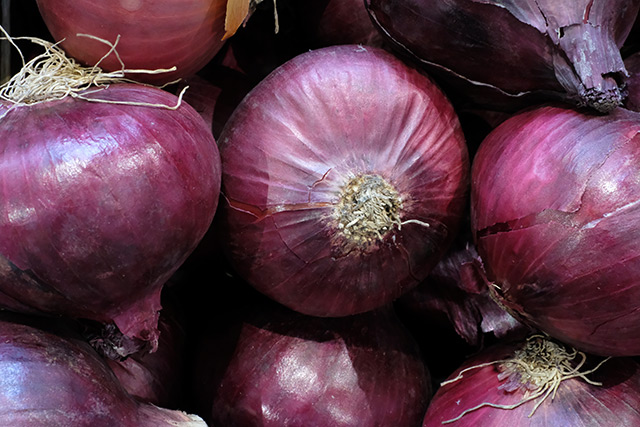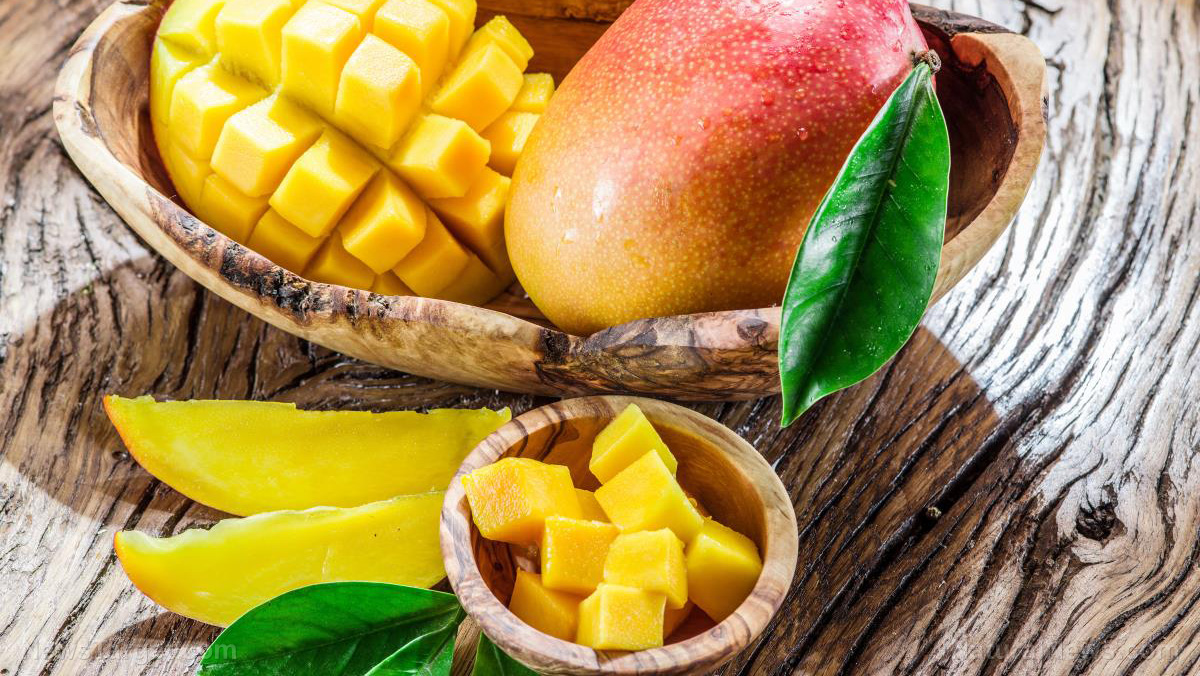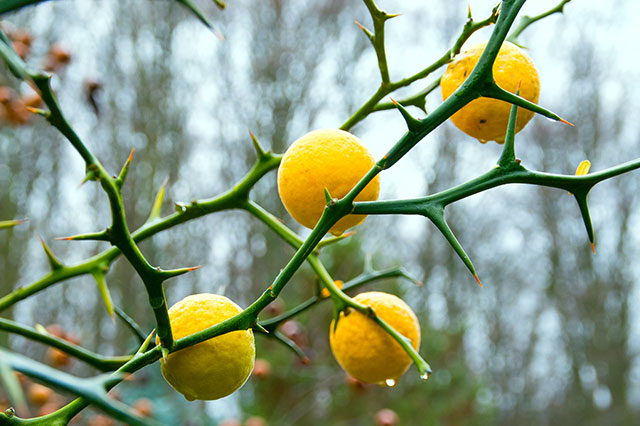Analyzing the nutritional profile of wild beans
10/31/2018 / By Frances Bloomfield

Beans or wild beans are a widely consumed food with a diverse range of nutrients. Researchers from the Autonomous University of Queretaro have made a comprehensive review, published in CyTA – Journal of Food, of these beneficial substances and their impact on various human diseases.
- Beans are high in protein, nitrogen, dietary fiber, and carbohydrates in general. The mineral content typically differs according to variety (e.g. common beans are rich in calcium and potassium), though some studies claim that iron and zinc levels are uniform between wild and domesticated beans. Additionally, a number of beans contain flavonoids, phenolic acids, and tannins, meaning that some beans possess antioxidant and anti-inflammatory properties.
- Conversely, wild beans can also be detrimental to one’s health due to the presence of anti-nutritional substances such as phytates, lectins, and oligosaccharides. Lectins, in particular, are known to bind with the epithelial tissues of the intestines and inhibit the absorption of certain nutrients.
- However, the researchers pointed out that cooking beans can mitigate the effects of anti-nutritional substances and improve their nutritional value and palatability. One recommended cooking method is extrusion cooking, which can reduce the percentage of anti-nutritional substances without affecting protein.
- Consuming wild beans can also protect one against various degenerative diseases. For instance, past studies have shown that the considerable fiber levels in beans can decrease cholesterol and low-density lipoprotein (LDL) or “bad” serum levels, which in turn lowers the risk of cardiovascular disease.
- Consequently, beans have the potential to positively impact the health of diabetic and obese patients. One example cited by the researchers was a study wherein rats with induced diabetes had reduced glucose and cholesterol levels after consuming black bean flour. Furthermore, another study suggested that regularly eating beans decreases the chances of obesity in men and women alike.
- Wild beans may have a protective effect against different types of cancer, namely breast cancer, colon cancer, and prostate cancer. As per the researchers and the studies they mentioned, the mechanisms behind these benefits are plentiful. Some examples include bean proteins having antitumor qualities, and resistant starches and fermentable fibers promoting apoptosis.
Based on their findings, the researchers concluded their review by encouraging people to eat more beans in order to make the most of their health benefits.
Read the full text of the study at this link.
Go to FoodScience.news to read through more studies about the different foods we eat every day.
Journal reference:
Suárez-Martínez SE, Ferriz-Martínez RA, Campos-Vega R, Elton-Puente JE, Carbot KDLT, García-Gasca T. BEAN SEEDS: LEADING NUTRACEUTICAL SOURCE FOR HUMAN HEALTH. CyTA – Journal of Food. 2015; 14:1, 131-137. DOI: 10.1080/19476337.2015.1063548
Tagged Under: anticancer, beans, cardiovascular disease, diabetes, food as medicine, food cures, food science, functional food, nutrients, nutrition

